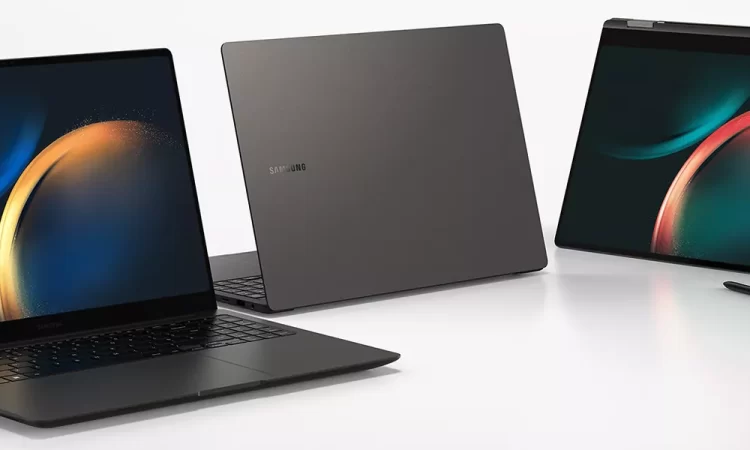
When buying a laptop, there are several important factors and uses to consider to ensure that the laptop you choose meets your specific needs and preferences. Here are some key considerations:
Intended Use:
Consider what you primarily need the laptop for. Is it for work, gaming, multimedia, content creation, or general use?
Performance:
CPU (Processor): The type and speed of the processor impact overall performance.
RAM (Memory): More RAM allows for smoother multitasking.
GPU (Graphics): Important for gaming and graphic-intensive tasks.
Storage: Choose between SSDs (faster) and HDDs (larger capacity).
Portability:
Size and Weight: Decide on the laptop’s size and weight based on your portability needs.
Battery Life: Longer battery life is crucial for users on the go.
Operating System:
Choose between Windows, macOS, or Linux, depending on your software requirements and personal preference.
Display:
Screen Size: Consider your preference for a larger or smaller display.
Resolution: Higher resolution offers better image quality.
Panel Type: IPS panels provide better color accuracy and viewing angles.
Refresh Rate: Important for gamers and video editors.
Graphics:
Integrated vs. Dedicated GPU: Dedicated GPUs are essential for gaming and graphics-intensive tasks.
Connectivity:
Ports: Ensure the laptop has the necessary ports (USB, HDMI, Thunderbolt, etc.) for your peripherals.
Wi-Fi: Look for Wi-Fi 6 or Wi-Fi 6E for faster wireless connectivity.
Keyboard and Touchpad:
Comfortable and ergonomic keyboards are crucial if you do a lot of typing.
Precision touchpad for easy navigation.
Build Quality:
Material: Consider the laptop’s build material (metal, plastic) and durability.
Hinge Quality: Ensure sturdy hinges for longevity.
Audio:
Speaker Quality: Good speakers enhance multimedia experiences.
Audio Jacks: Check for headphones/microphone jacks if needed.
Webcam and Microphone:
Especially important for video conferencing and remote work or learning.
Security Features:
Fingerprint readers, facial recognition, and privacy screens can enhance security.
Upgradability:
Some laptops allow for component upgrades like RAM and storage.
Price and Budget:
Set a budget and try to find a laptop that offers the best value within your price range.
Brand and Warranty:
Consider the reputation of the manufacturer and the warranty provided.
Reviews and Recommendations:
Research reviews and seek recommendations from friends or online communities.
Future-Proofing:
Think about your laptop’s longevity and how well it will serve your needs in the coming years.
Environmental Impact:
Some users may prioritize laptops with eco-friendly certifications or materials.
By considering these factors, you can narrow down your options and select a laptop that suits your specific needs and preferences. It’s essential to strike a balance between your requirements and your budget to make an informed decision.




